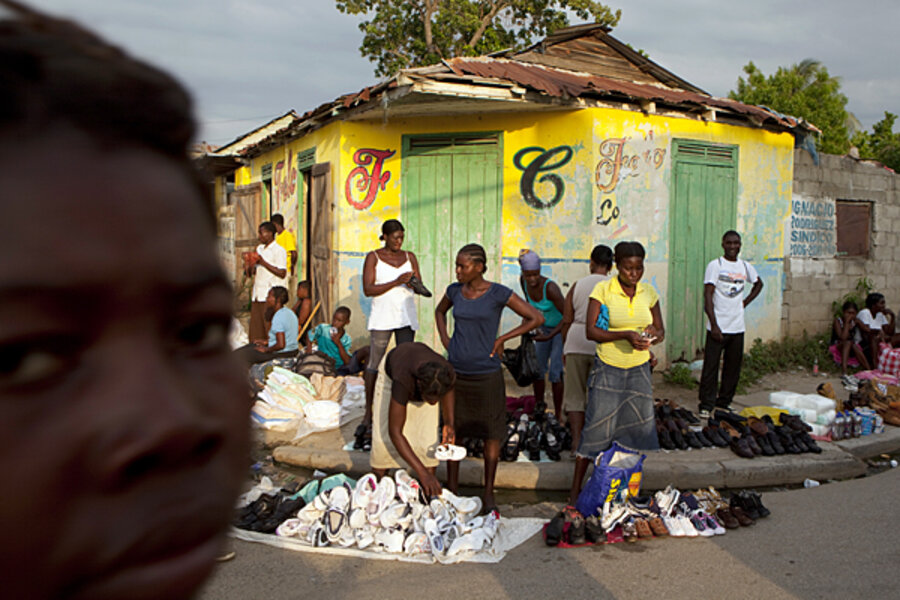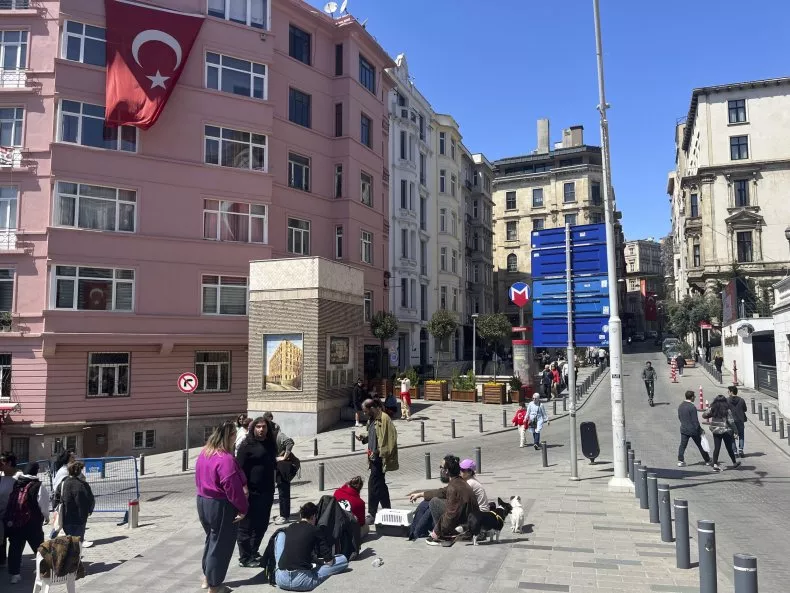Borderline Crisis: Dominican Republic's Deportation of Haitian Mothers Sparks Outcry
Borderline Crisis: Dominican Republic's Deportation of Haitian Mothers Sparks Outcry

In a significant and controversial move, the Dominican Republic has deported dozens of Haitian women—many of them pregnant or recently postpartum—as well as children, amidst an intensified immigration crackdown. Dominican authorities confirmed that 135 individuals were detained and processed at a migrant holding center before being sent back to Haiti, a country mired in humanitarian and political chaos. The action aligns with new immigration policies introduced by President Luis Abinader, which require public hospitals to verify the immigration status of patients through identification checks, employment letters, and residency documents.
The new measures, rolled out at 33 public hospitals across the nation, target locations where a substantial majority of births to foreign mothers—mostly Haitian—take place. Health officials stated that those deported were apprehended under this protocol, claiming all procedures were conducted respectfully. According to the Dominican authorities, the women and children were returned in well-equipped buses and only after receiving proper medical clearance to ensure they were not at health risk. However, this has done little to quell public concern and criticism.
Health and human rights organizations have fiercely condemned the deportations, arguing that the new system endangers lives. The Dominican Medical Association issued a social media statement warning that these rigid policies could severely impact individuals with urgent medical needs. While the Dominican government insists that no one will be denied care based on their immigration status, activists fear the opposite—many may avoid hospitals entirely, terrified of being arrested or deported while seeking help.
Amnesty International echoed these concerns, highlighting the serious implications for human rights. In their statement, they emphasized that immediate deportations following medical care infringe on the rights to health, privacy, and personal safety. The organization warned that such policies could deter vulnerable populations—particularly pregnant women, children, and victims of violence—from accessing essential healthcare, potentially resulting in life-threatening situations.
Over the last half-year, Dominican immigration authorities have forcibly returned more than 180,000 people to Haiti. This mass deportation comes at a time when Haiti is overwhelmed by gang violence, widespread instability, and collapsing public infrastructure. Food, water, and medical supplies are increasingly scarce, and the education system is faltering, with hundreds of schools shuttered. The ongoing insecurity has also led to the closure of many hospitals, including the University Hospital of Mirebalais, which was recently evacuated following a violent gang incursion.
As conditions in Haiti worsen, global alarm is growing. María Isabel Salvador, the United Nations' top envoy for Haiti, issued a dire warning, stating that the nation is nearing "the point of no return." She urged the international community to step in with swift and strategic support, or else Haiti risks descending into total collapse. The Dominican Republic's aggressive deportation strategy, viewed by many as a violation of human dignity, adds yet another layer of complexity to the region’s unfolding humanitarian crisis.
What's Your Reaction?













:format(webp)/cdn.vox-cdn.com/uploads/chorus_image/image/70136881/1347078605.0.jpg)





